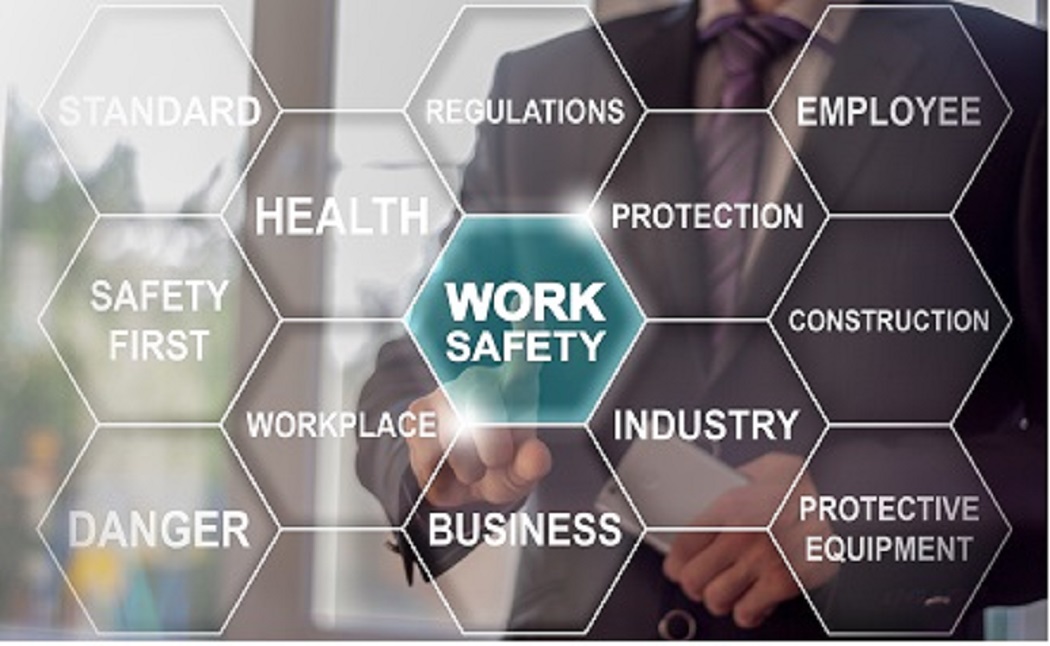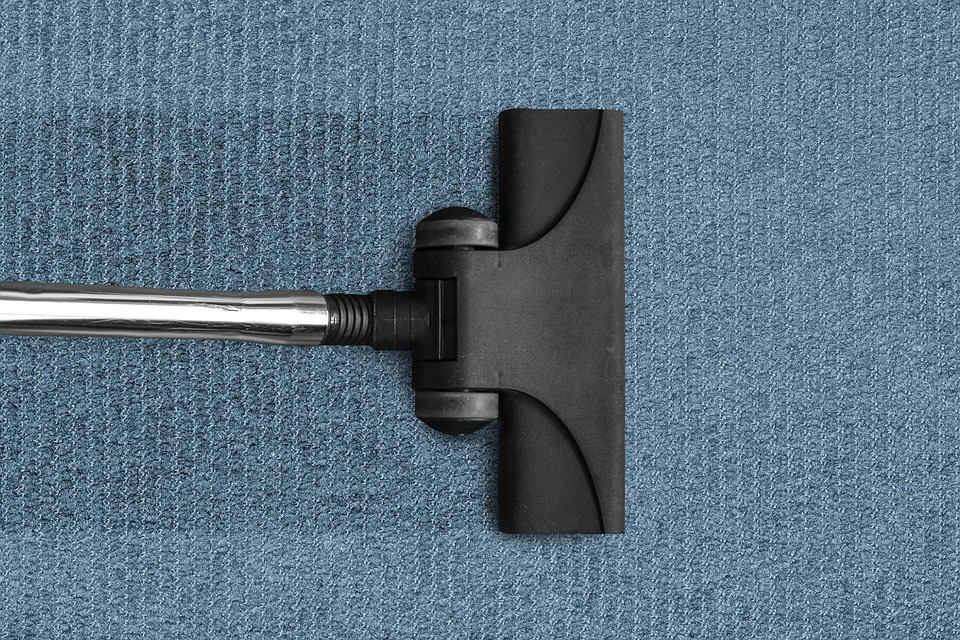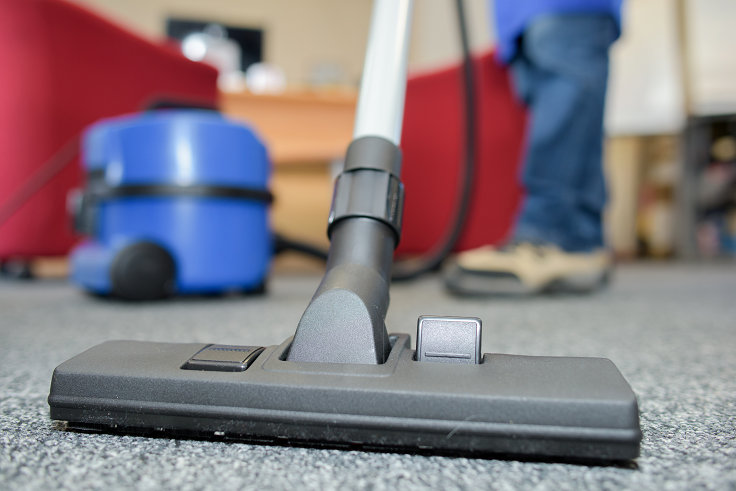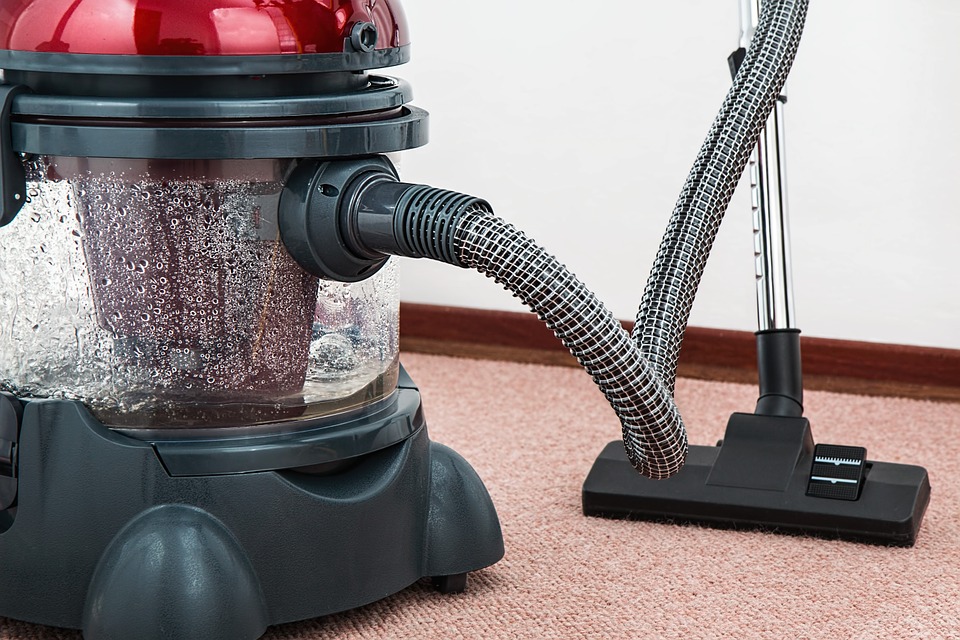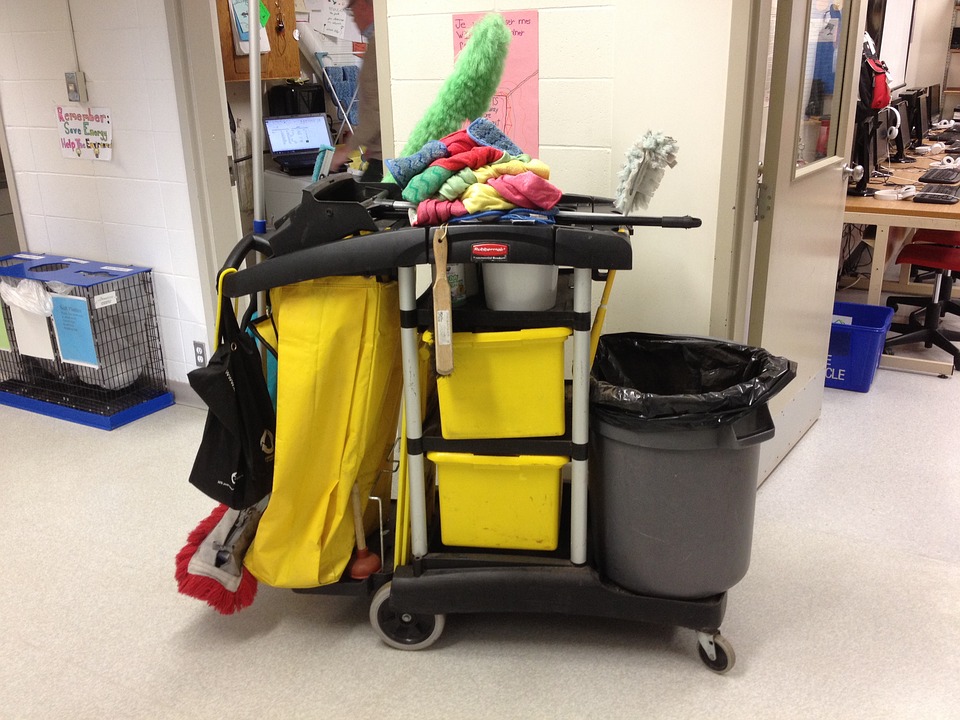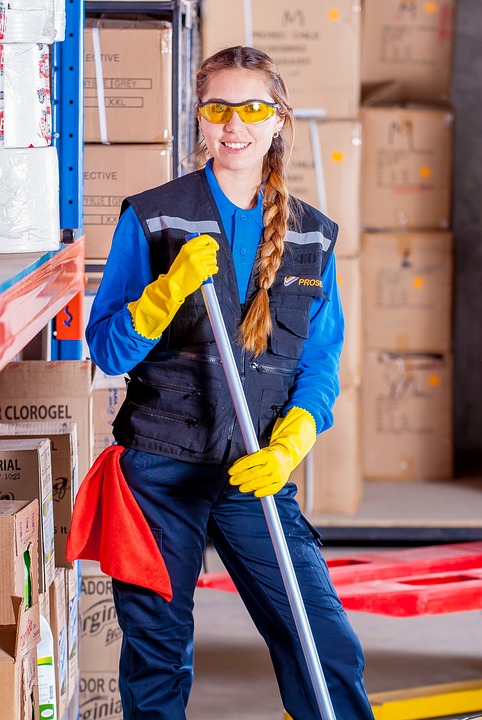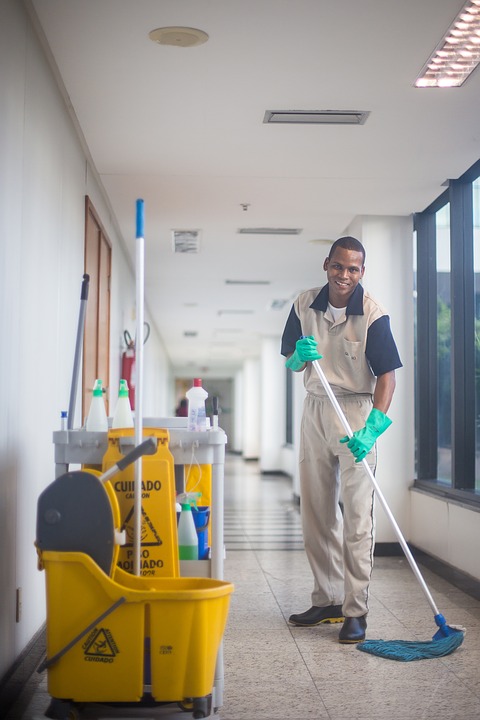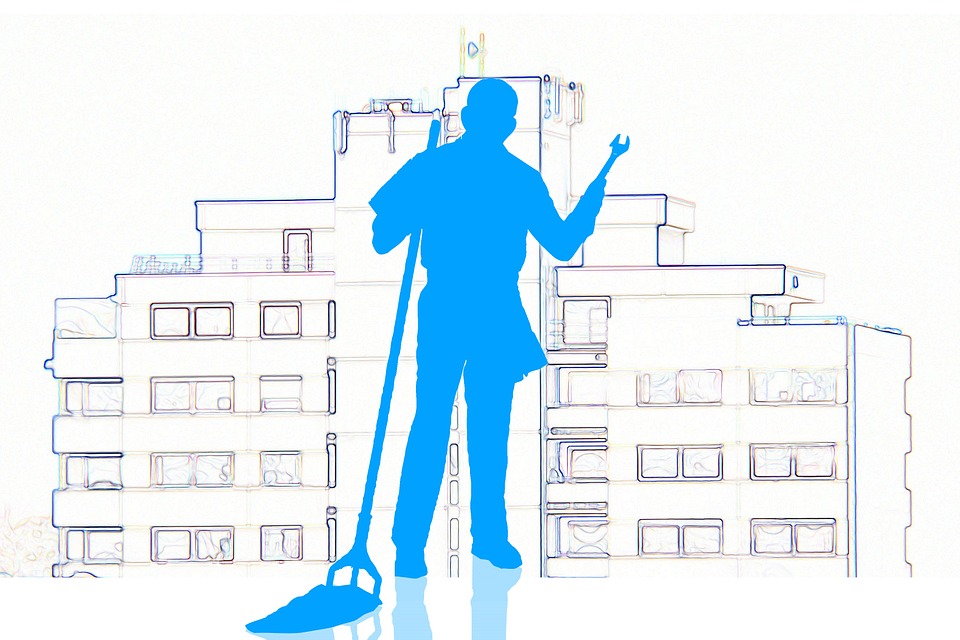Why should a commercial cleaning company be concerned about implementing a safety program?
A well-documented safety program can help your cleaning business in many ways. First and foremost, it is the right thing to do for the health of your employees. Healthy employees are happy and productive employees. Implementing a safety program will help keep your employees feeling positive and keep those employees with your company for many years, but your employees are not the only ones who should play active role in the creation and implementation of safety initiatives. The small business owner, senior management, and supervisors all need to participate. This is the only way to foster a safety-minded culture throughout your cleaning business. Here are several reasons why you should implement a safety program into your commercial cleaning company and what it should include.
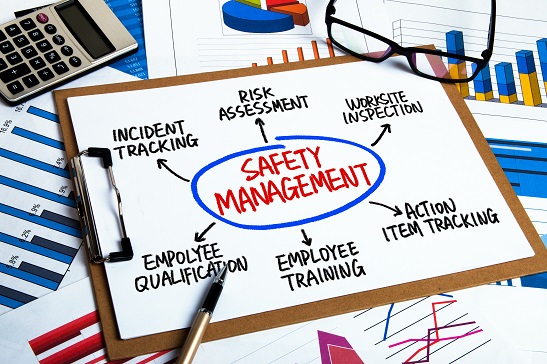
Why should you want to implement a Safety Program?
Employee Morale
Healthy workers are productive workers. Taking time out of the businesses work day to direct all employees attention to a safety program is the best way to foster a safe environment throughout your company. Including everyone within the business in these meetings is the best way to foster a staff that takes the safety program to heart. It is also a great way to make sure your business is compliant with OSHA guidelines. Complying with OSHA Guidelines is the law no matter what state or industry you operate in.
Less Frequent and Less Severe Insurance Claims
When less insurance claims occur within a business, it has a positive impact on the experience modification rating of that business. This rating is the main factor insurance carriers use to determine what to charge a business for insurance premium. Less frequent and less severe claims will positively impact this rating.
Damage to a client’s property and the businesses equipment
Keeping your employees safe will ultimately lead to those same employees being careful in general. When employees knows to take their own personal safety, they will be equally careful to not damage the equipment of the business or the property of a client you are working with.

What should be a part of the Safety Program?
Driver Safety
If your employees spend any time behind the wheel, they should have training with specific instructions how you want them to drive will on-the-clock. It is important to never assume your employees are safe drivers or that they have the same opinion of what is and is not safe. Pulling their driving records periodically is an important part of any driver safety program.
Heavy Lifting
Not all employees will need to do heavy lifting. It is important to let all employees know that they should not over do it when it comes to heavy lifting. This is not an easy thing to do with many employees. Smaller employees frequently want to show they can do equal worker, but when it comes to heavy lifting employees need to know their limitations.
Ladder Safety
Not all commercial cleaning companies have a need to use ladders as part of their daily operations, but those that do need to make sure the employees know how to use them properly. It is equally important to let those employees know why they should use the ladders properly and that it is more important to work safely than to rush through their daily tasks.
Return To Work
A Return to Work Program is one aspect of a safety program that frequently is left to the end or even left out altogether. This is a mistake, because even the safest companies eventually have an injured employee. How you treat the employee and transition them back in to the organization will have a huge impact on how long they stay away from work, or if they will return to work at all. Getting employees back on the job, even on a limited basis, is extremely important to control claims and limit what you pay for insurance premium.

